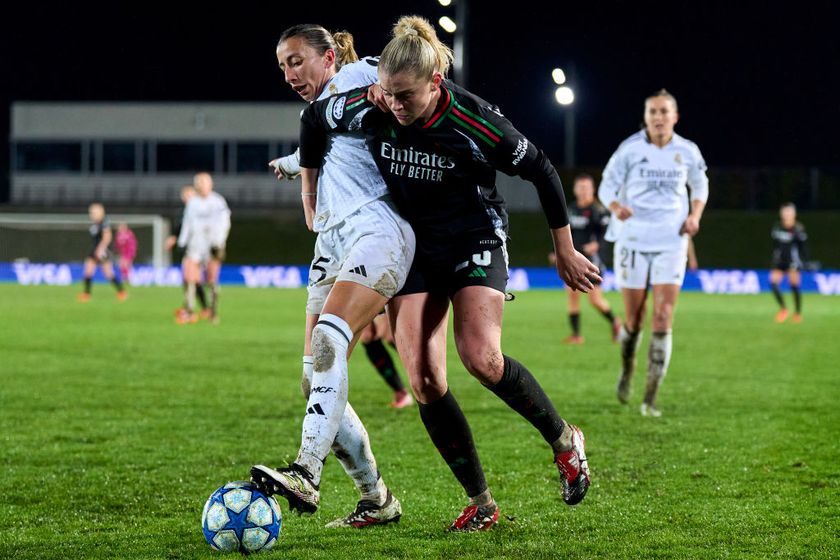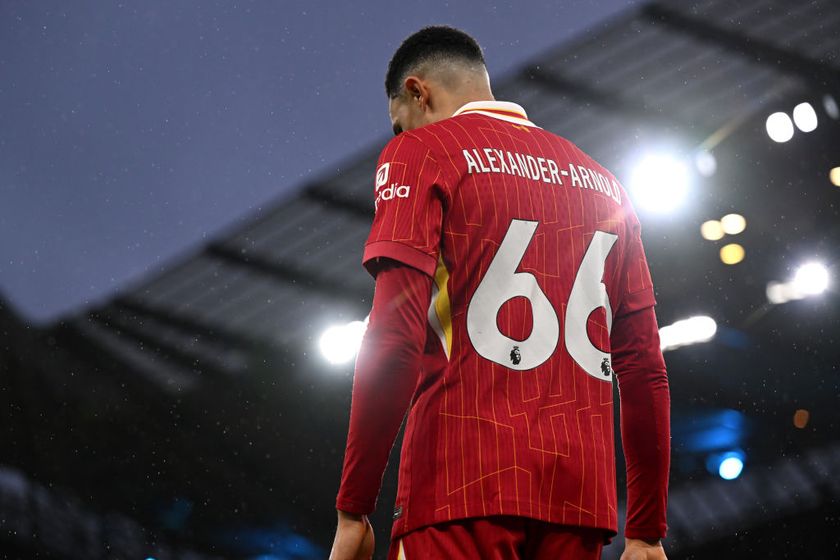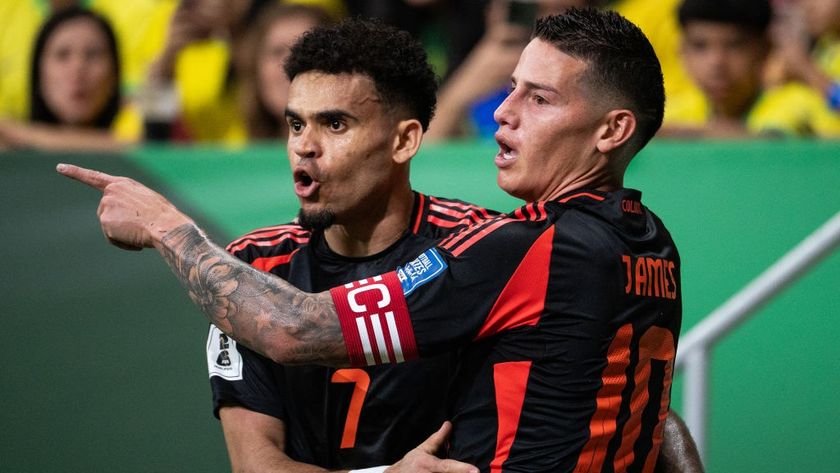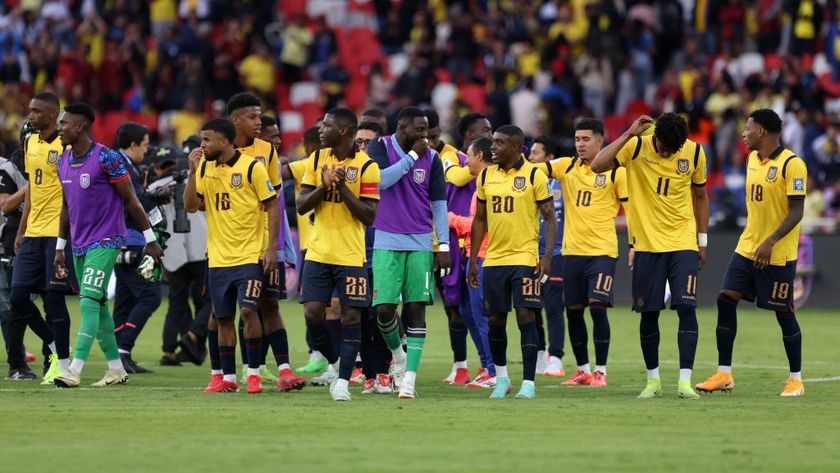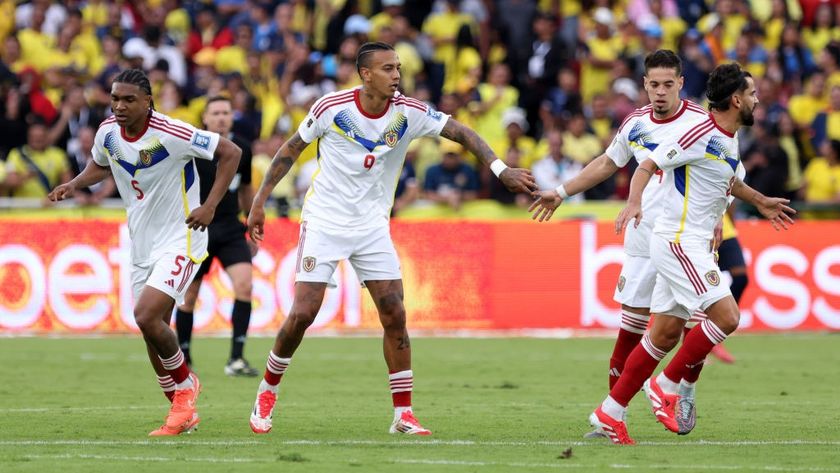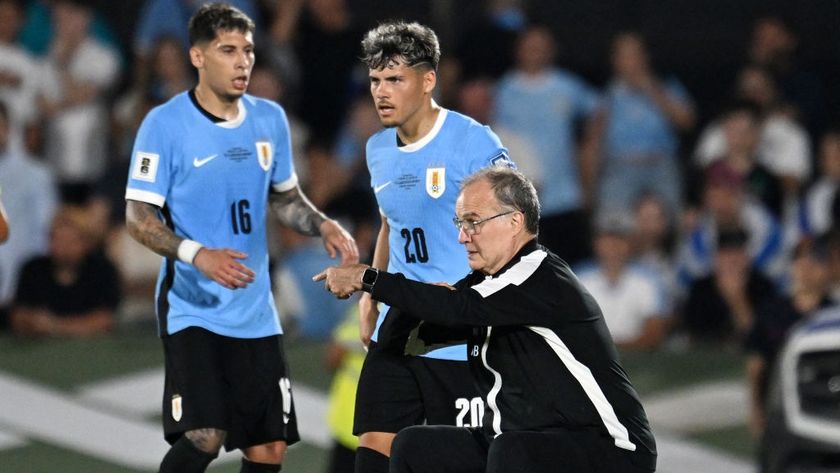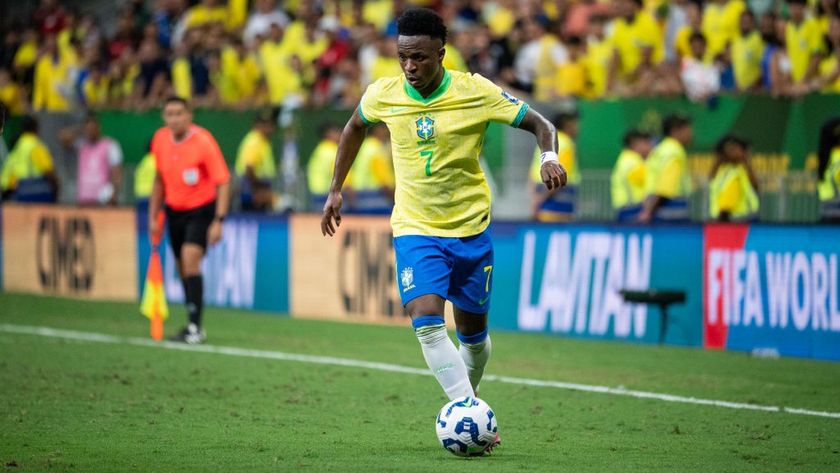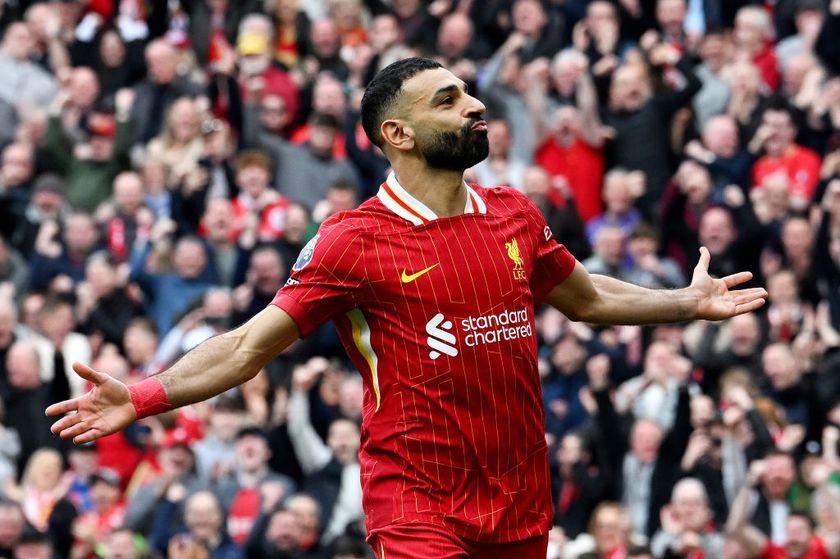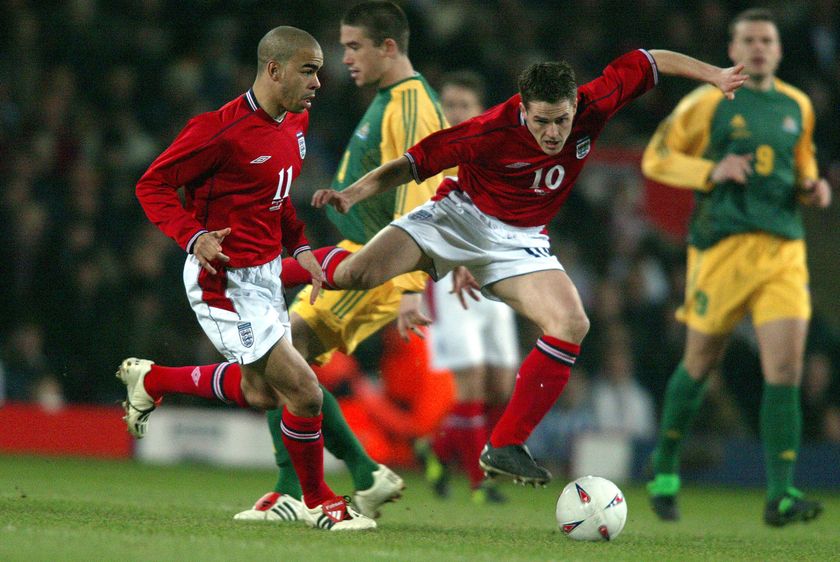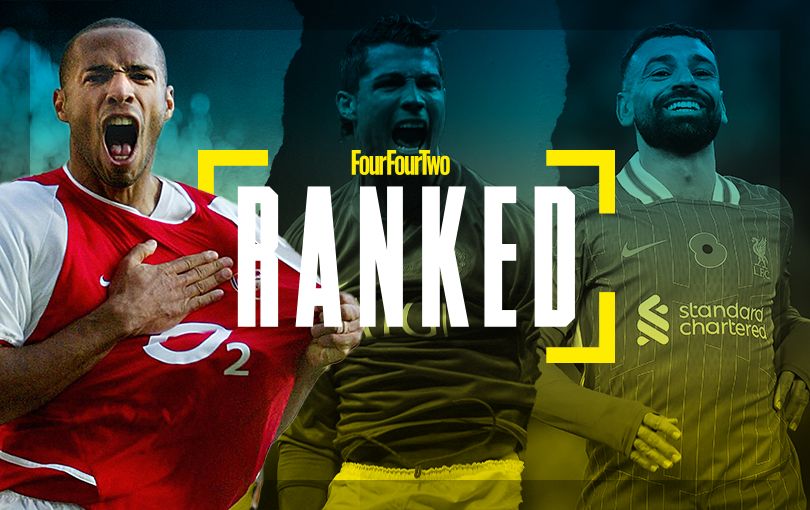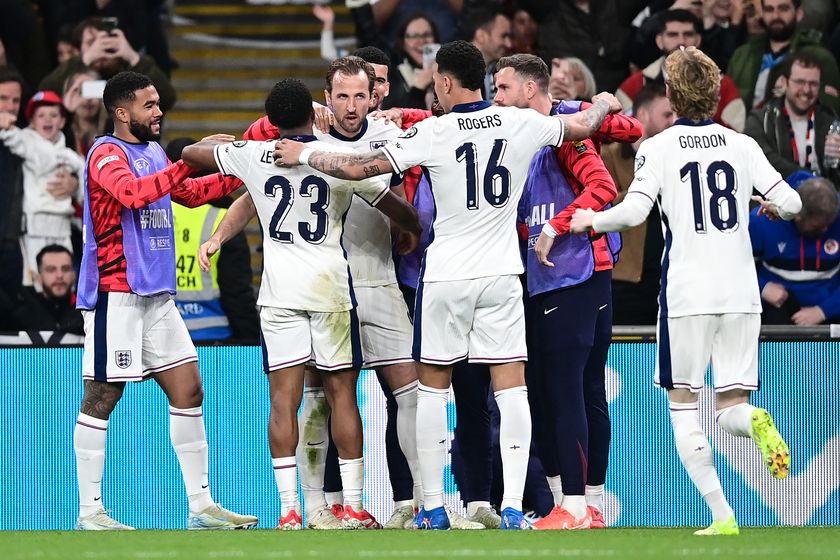Return of the Mac: How England's brolly wally repaired a ruined reputation
It's almost impossible to shake the image of the Derby boss on a drenched Wembley touchline, but his work since should give him a shot at the job next time, writes Declan Warrington...
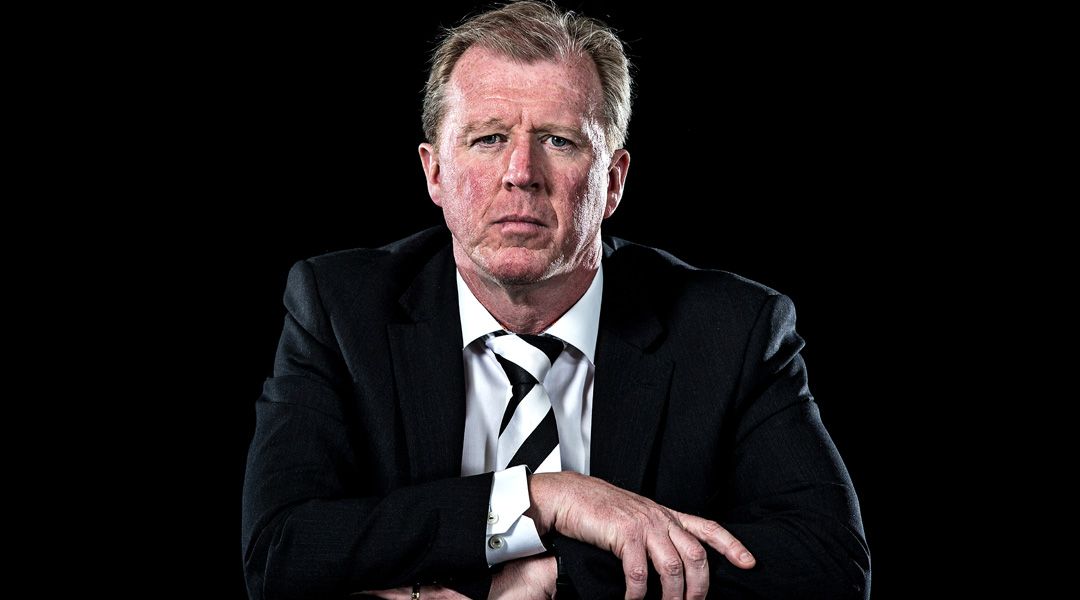
It might just transpire that the most suitable candidate to succeed Roy Hodgson as England manager is among his predecessors. Steve McClaren has come a long way in the eight years since he left the Three Lions job under an umbrella of shame, rebuilding his reputation to the point where he could be a Premier League boss next season either with Derby or elsewhere. Simply, McClaren has demonstrated an admirable desire to repair some badly torched bridges and rediscover a philosophy by which to succeed.
Sprinting before walking
Despite unlikely success with Middlesbrough he was a bungled and questionable appointment in 2006, and wholly deserving of his speedy dismissal following that disastrous Euro 2008 campaign.
Yet in two spells with Twente either side of nine enlightening months in Germany with Wolfsburg, two turbulent ones at Nottingham Forest and another renaissance at Derby, McClaren has evolved into the more patient, long-term thinking individual required to succeed at international level.
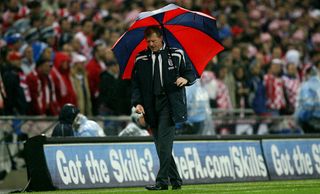
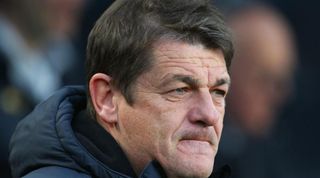
He once used the term “sprinting” to describe his previous managerial approach by which he prematurely ditched David Beckham from his first England squad and often bought older, ready-made players at Middlesbrough. At Derby he has reaped the rewards from a broader outlook, recruiting impressively and using the likes of Andre Wisdom, Patrick Bamford, Jordon Ibe, Jesse Lingard and Tom Ince to great effect. At the same time, however, the 53-year-old has been instrumental in the improvements of Chris Martin and Will Hughes, players who were already there when he took over in September 2013. It's little surprise that Newcastle, where the preference is to buy players, improve them and sell at a profit, are reportedly so keen to hire him this summer.
Doing it for the kids
“He’s a really good coach first and foremost, and he’s getting better with the experience he’s collected working abroad, managing Forest and Derby,” says Jonathan Greening, York City’s youth team manager who played under McClaren at Manchester United, Middlesbrough and Nottingham Forest.
Get FourFourTwo Newsletter
The best features, fun and footballing quizzes, straight to your inbox every week.
“He was really good to me at Manchester United. When he went to take the Middlesbrough job he took me and Mark Wilson with him, which was brilliant.

“Even with me, when I was 25, one of the reasons he sold me to West Brom was because Stewart Downing was coming through, plus Adam Johnson, and he wanted to give them a chance. He knew the right time. He gave Lee Cattermole his chance, and bought Chris Riggott and Malcolm Christie [from Derby]. He’s not afraid to throw young players in at the deep end. Any experience of working abroad as a player or manager will definitely improve you. I’m a big believer of that.”
It's perhaps that, above all else, that has influenced McClaren. Developing younger players wasn't initially his first-choice approach at Middlesbrough – indeed, the likes of Alan Curbishley and Harry Redknapp once lamented the cash he'd spent at Boro (stones, glass houses etc) – but he learned to embrace it, having no doubt learned much as assistant to Sir Alex Ferguson at Old Trafford.

McClaren enhanced his education in Holland, a country long lauded for its ability to produce fine technically-gifted young players and coaches, plus its preference for 4-3-3. He was given little time to rebuild at Wolfsburg in Germany, and left "frustrated" but stronger.
It's said that at Twente, meanwhile, who McClaren led to the 2009/10 Eredivisie, his coaching staff were shocked at his propensity to shout and scream at his players during matches. Instead, they encouraged him to be less emotional and trust his players to independently solve their on-field problems.
Continental contact
Equally educational was his increased experience of how football is played on the continent. Manchester United’s 1999 Champions League success was achieved with a Premier League skill set, and the England team under McClaren favoured similarly unsubtle – but largely unsuitable – domestic strengths.
Of the England managers in the modern era, it was those with overseas experience – Terry Venables, Glenn Hoddle (who didn’t manage abroad but was truly inspired by four years playing for Monaco), Sven-Goran Eriksson and, to a much lesser extent, Fabio Capello and Hodgson – who have enjoyed some kind of success. The others – Graham Taylor, Kevin Keegan and McClaren 1.0 – failed miserably.
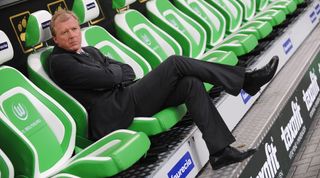
In international football, where access to players is frustratingly minimal, a clear philosophy is required and flexibility crucial, McClaren is finally equipped with the qualities and experience to succeed.
Teams tend to benefit from smaller coaching teams of a higher calibre, making a hands-off manager who delegates less suitable than the modern, more involved coach.
The job description for the modern England manager should also recognise the need to select from and improve players who aren’t necessarily regulars or valued at club level, as well as implementing technical director Dan Ashworth’s 'England DNA'. For both demands McClaren, with his experiences of Dutch and German development, is suitable, as he also is for overseeing the guidance and nurturing of coaches.

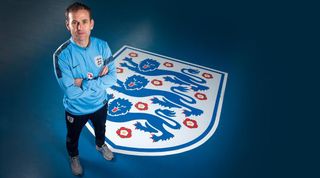
“I worked with some unbelievable managers: Mark Hughes, Tony Mowbray, Alex Ferguson,” says Jonathan Greening. “Roy Hodgson’s training was quality, and you could tell he’d worked in Italy; he worked on shape a lot and was well organised.
“But Steve’s up there, and his coaching sessions were very good – very hard, but really enjoyable. Steve would get his fingers dirty and get out on the training pitch, a bit like Roy Hodgson at Fulham.
“I took over York City’s youth team in December, and nearly all of my sessions are a mixture of Steve McClaren, Roy Hodgson and Tony Mowbray.”
Forgiveness
McClaren's biggest obstacle to returning as England manager won't stem from his suitability to the role, but the public and media’s staunch refusal to forgive him for that fatal defeat to Croatia at Wembley.
But in that light it is relevant that Louis van Gaal led Holland to the 2014 World Cup semi-finals after failing to seal qualification for Japan and South Korea 2002; Brazil have reappointed Dunga after sacking him in 2010, and won all eight of their friendlies since – including the scalps of Argentina, France and Chile.
“Ultimately I'm a teacher, I'm a coach. I like to coach players and I like to coach coaches,” said McClaren in 2012. “We've come full circle and what's missing in our game is coaching the coaches.
“We have to do that better, and that will improve the English game and player. We have to make them more intelligent. Coaching the coaches is ultimately what I would like to do in the future.”
Sometimes there are those who deserve a second chance.
